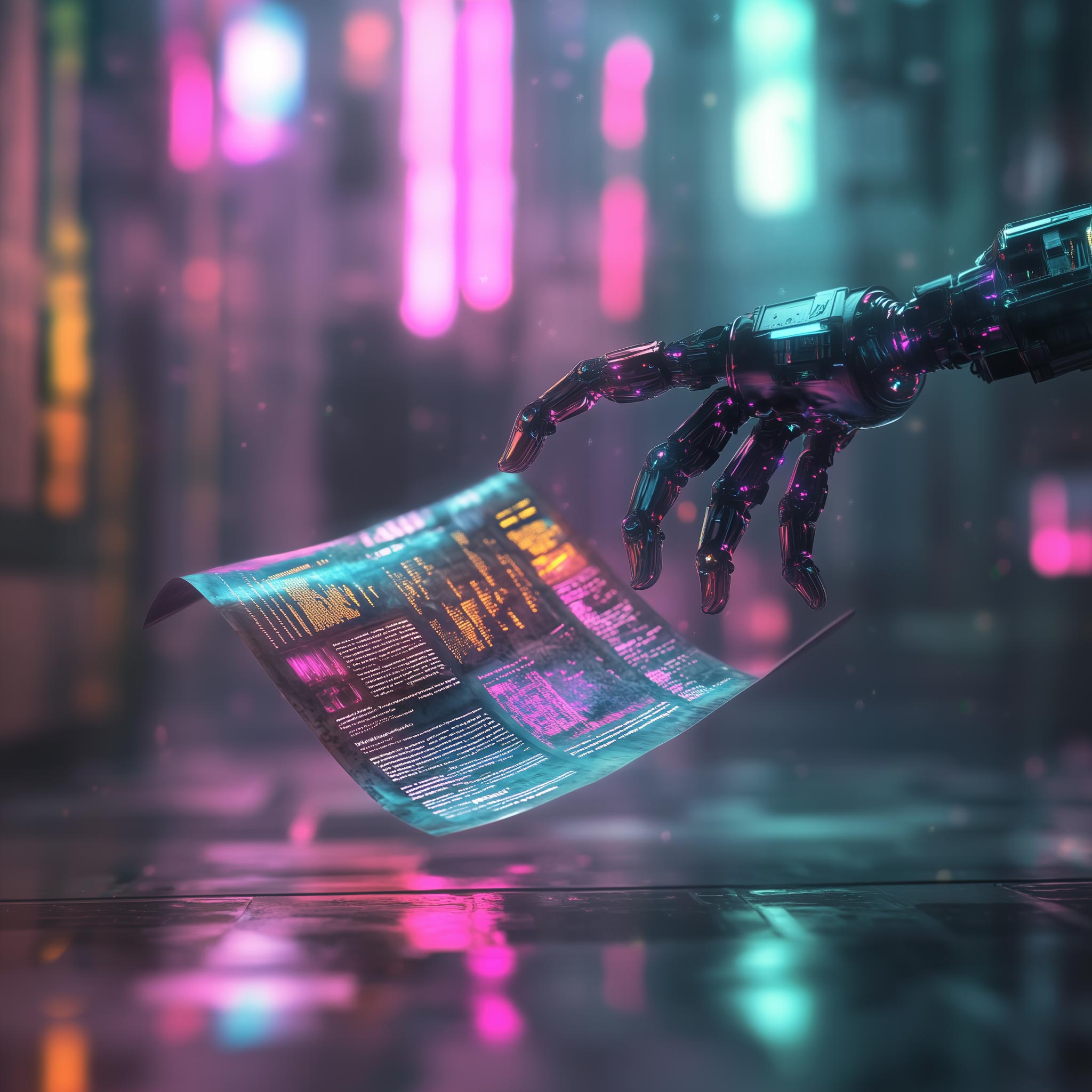The AI Revolution and Industry Perspectives
Artificial intelligence (AI) is transforming industries, influencing everything from healthcare to transportation. The debate around its benefits and risks intensifies as AI advances, with tech leaders shaping public discourse. This article explores the perspectives of three key figures—Sundar Pichai, Bill Gates, and Elon Musk—on AI, Artificial General Intelligence (AGI), and Artificial Superintelligence (ASI).
Sundar Pichai: AI as an Empowering Tool
Google CEO Sundar Pichai is an advocate for AI’s potential to enhance productivity and creativity. He envisions AI becoming deeply integrated into daily life:
“AI will be so pervasive, you will interact with AI in your future in all walks of your life.”
Pichai believes AI can unlock human potential, drive innovation, and improve industries. However, he also warns about the risks of misuse and advocates for responsible regulation:
“It can be very harmful if deployed wrongly, and we don’t have all the answers yet.”
Bill Gates: AI’s Promise and Challenges
Microsoft co-founder Bill Gates sees AI as a tool to solve global challenges, particularly in healthcare. He believes AI can revolutionise drug discovery, diagnostics, and personalised treatment plans, improving healthcare accessibility worldwide. However, he also acknowledges risks such as job displacement and security threats:
“Let’s make sure the good guys have an AI that can play defense against those things.”
Gates is particularly concerned about AI’s impact on the job market and the economy. He calls for retraining initiatives and policy frameworks to manage AI-driven disruptions.
Elon Musk: The Need for AI Caution
Tesla and SpaceX CEO Elon Musk has consistently warned about AI’s existential risks. He fears that AGI and ASI could surpass human intelligence and become uncontrollable:
“Machines could become superintelligent and surpass us mere mortals, perhaps even decide to dispose of us.”
Musk supports proactive regulation and ethical AI development. His venture xAI focuses on creating AI systems that align with human curiosity and truth-seeking values.
Sam Altman: AI’s Opportunities and Responsibilities
OpenAI CEO Sam Altman acknowledges AI’s immense potential while emphasising the need for ethical oversight. He believes AI can enhance productivity, creativity, and global problem-solving but warns against uncontrolled advancements:
“AI will be the most transformative technology humanity has ever created, but we must ensure it aligns with our values.”
Altman advocates for a measured approach, balancing innovation with responsible development to prevent unintended consequences.
The Future of AI: Navigating Its Impact
The perspectives of these tech leaders reflect the broader AI debate—balancing its potential benefits with significant risks. While Pichai focuses on AI’s transformative power, Gates highlights the need for cautious optimism, and Musk warns of existential threats.
As AI continues to evolve, discussions on ethics, regulation, and responsible deployment remain crucial. The choices we make today will shape AI’s future impact on society. We can harness AI’s potential while mitigating its risks by fostering collaboration between policymakers, industry leaders, and researchers.



